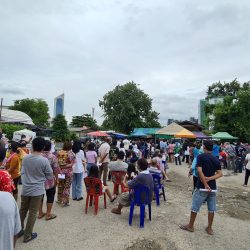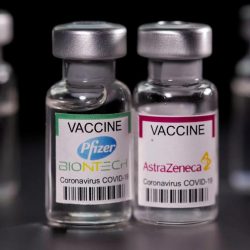The Dos and Don’ts when Doing a COVID Test at Home
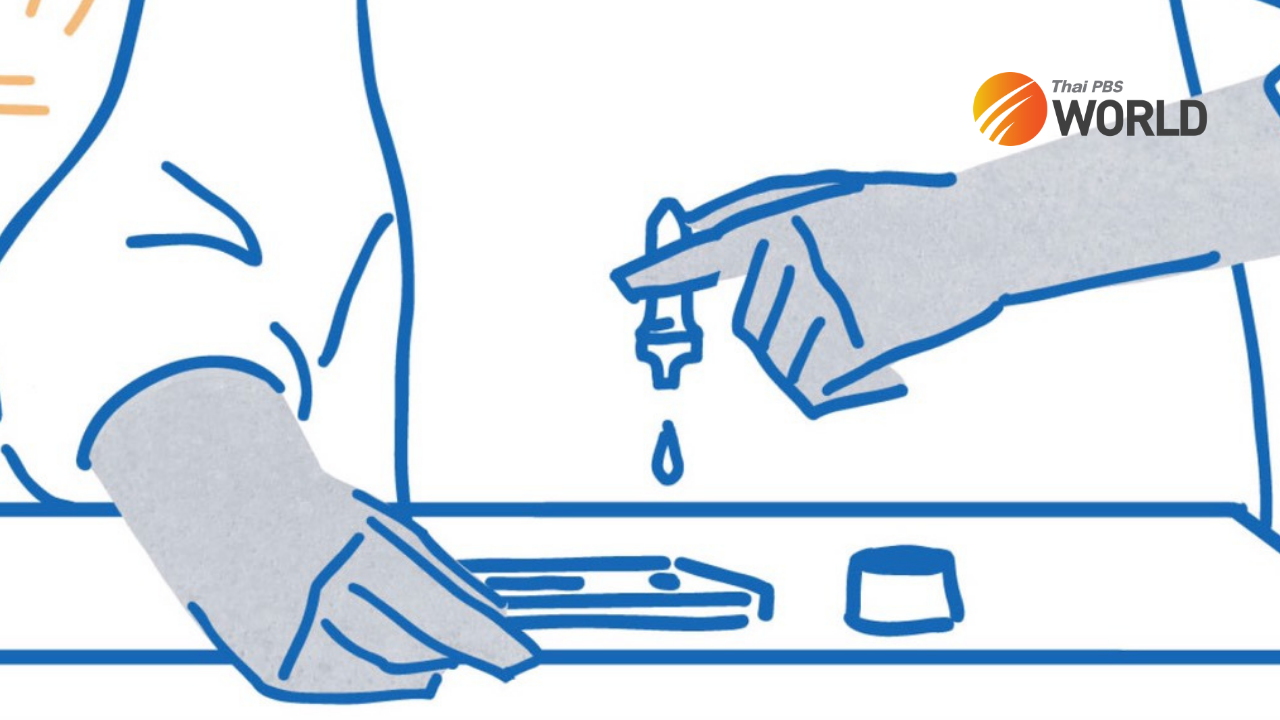
You wouldn’t think about doing Covid-19 self-testing any time soon, but the day may have come.
The news that the Food and Drug Administration hadapproved eight antigen Covid-19 test kits for home use came as a relief to everyone, especially now when people are struggling to get access to RT-PCR tests. Bangkok in particular is seeing a sharp increase indemand and, in any case, the RT-PCR tests are simply unable to keep up with the present outbreak.
The availability of rapid antigen test kits should reduce the risk of transmission. The sooner one is aware of having the virus, the faster one can enter isolation and receive treatment, thereby preventing the virus spreading to the community or family members.
In a week or less, anyone thinking they may be at risk can find the COVID home-testing kits at leading drug stores with duty pharmacists and clinics only, in accordance with FDA’s regulations. The kits will not be available online. The FDA has warned against buying test kits from other sources because they could be substandard products.
“It will be great if the pharmacists can guide people on proper use and safe disposal,” said Roche Diagnostics (Thailand) Co’s managing director Pichetpong Sri Suwankul. The company’s test is priced at 300-320 baht a set.
Roche’s priority is to distribute the products nationwide as fast as possible. “However, we don’t encourage people to buy the tests and do them at home when they don’t need to,” he said.
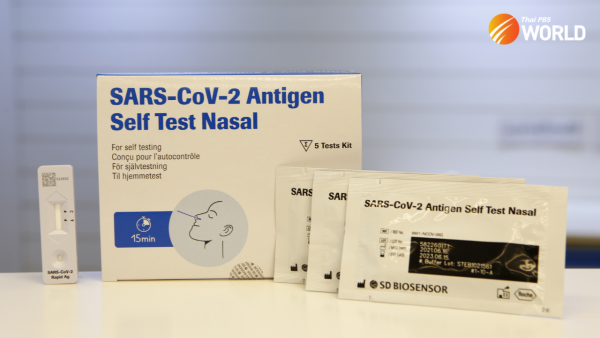
Many questions are being raised about home kits. The frequently asked ones include:
What do I do if I test positive?
Those who test positive must isolate immediately to avoid passing the virus to family members or friends. There are two choices – volunteer home isolation or go to hospital – either way, one must report the case to the public health office.
What if I get a negative result?
It is likely that you were not infectious at the time the test was taken. A negative test result, however, is not a guarantee that you do not have coronavirus. Those who tested negative but are at risk of infection must repeat the test 3-5 days later, because the level of the virus might be too low to be detected in the first test.
How do I know if the test is of a good standard?
Check if it is one of the eight products currently approved by FDA, such as Standard Q COVID-19 Ag Home Test produced by SD Biosensor Inc of South Korea, and imported by MP Group (Thailand); SARS-CoV-2 Antigen Self-Test Nasal produced by SD Biosensor Inc, South Korea ,and imported by Roche Diagnostics (Thailand); SARS-CoV-2 Antigen Test Kit (GICA) produced by Shenzhen Kisshealth Biotechnology, and imported by General Science Enterprise; and SARS-CoV-2 Antigen Rapid Test Kit (Golloidal Gold Immunochromatography) produced by Beijing Lepu Medical Technology, and imported by Ostland Capital.
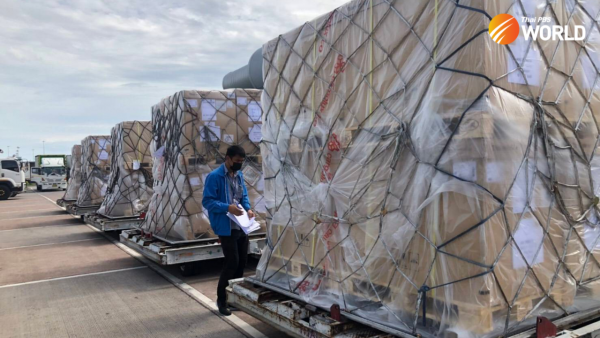
[for the full list see this link by the Public Health Ministry]
Check the expiry date on the package
Are the home kits able to test for all variants?
Yes, because they can detect the protein of any variant.
How do I make sure my test is accurate?
First of all, read the instruction guide carefully. You can also watch videos – some of them are available on YouTube [see box]
Don’t forget to wash your hands and sanitise the surface where you are doing the test.
– Gently blow your nose, this is important because you should get rid of excess mucus. If you are testing a child help them to blow their nose.
– Neve touch the soft, fabric tip of the swab with your hands.
– You will see the control line C begin to appear after some minutes. It is important to wait for the specified time; don’t wait longer. If the C doesn’t appear, it means the kit is not functioning and it is a void result.
How do I store the test kit?
The kit should be kept away from sunlight and in a cool place such as an air-conditioned room. If kept in a fridge, leave it at normal room temperature for 30 minutes before using.
Is it safe for children?
Yes, though it is more difficult to test young children.Help them blow their nose before performing the test.
How do I dispose of the kit safely?
Put all of the used test kit contents back in the plastic bag and pour some dish washing liquid or bleach in the bag. Put it in a separate trash bag with your household waste and mark it “infectious waste”.
……
SEE IT HERE
Here are the links to some of the video guides of how to use the home kits correctly
ไขทุกข้อข้องใจในชุดตรวจโควิด-19 ด้วยตัวเอง -SARS-CoV-2 Antigen Self-Test Nasal: Testing in your hand
(null)
Test yourself for COVID-19 with our rapid antigen self-test
The SARS-CoV-2 Antigen Self Test Nasal helps you see if you are contagious in just 15 minutes. In case of a positive test result you know immediately, can is…
By Veena Thoopkrajae
Photo courtesy of Roche Diagnostics (Thailand)

